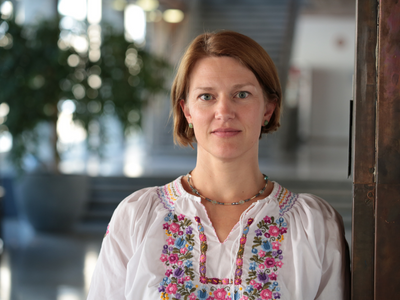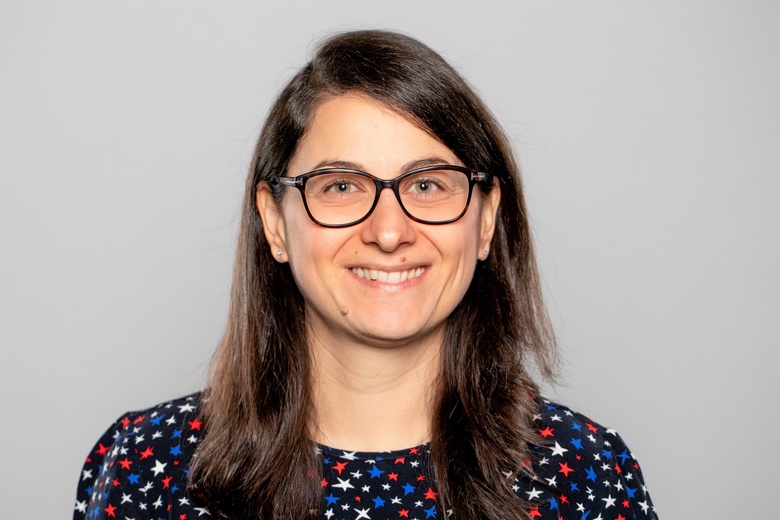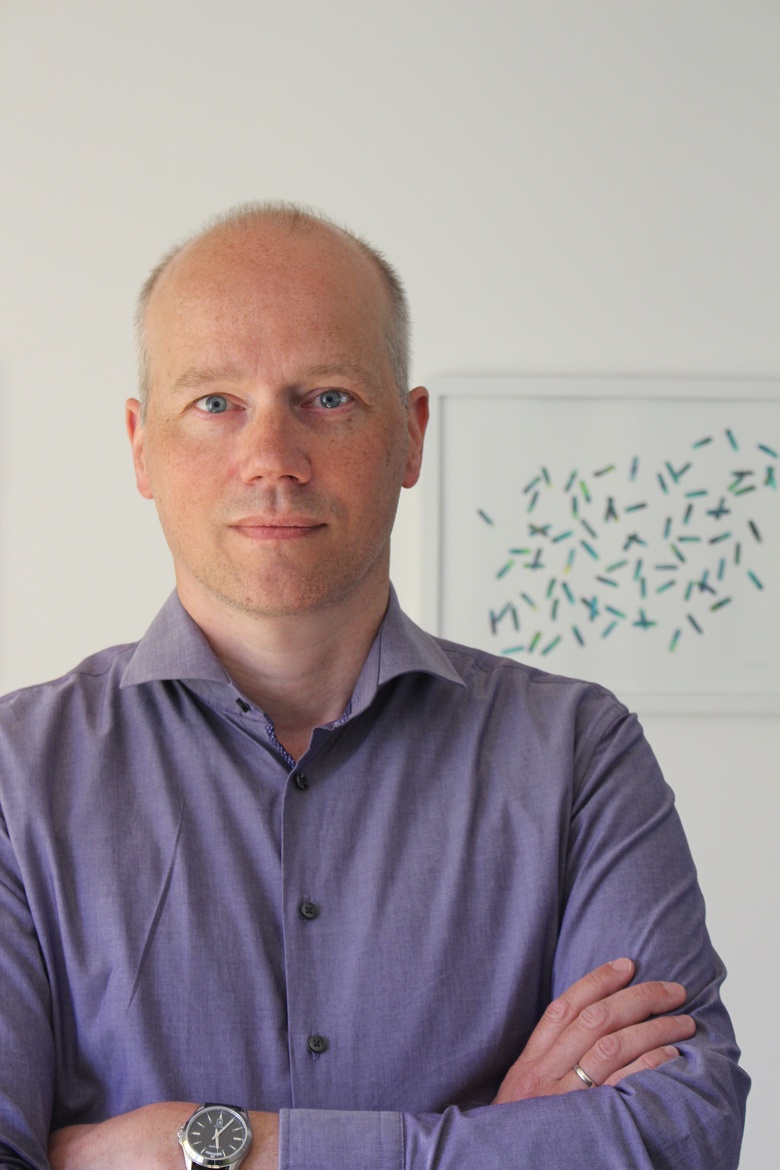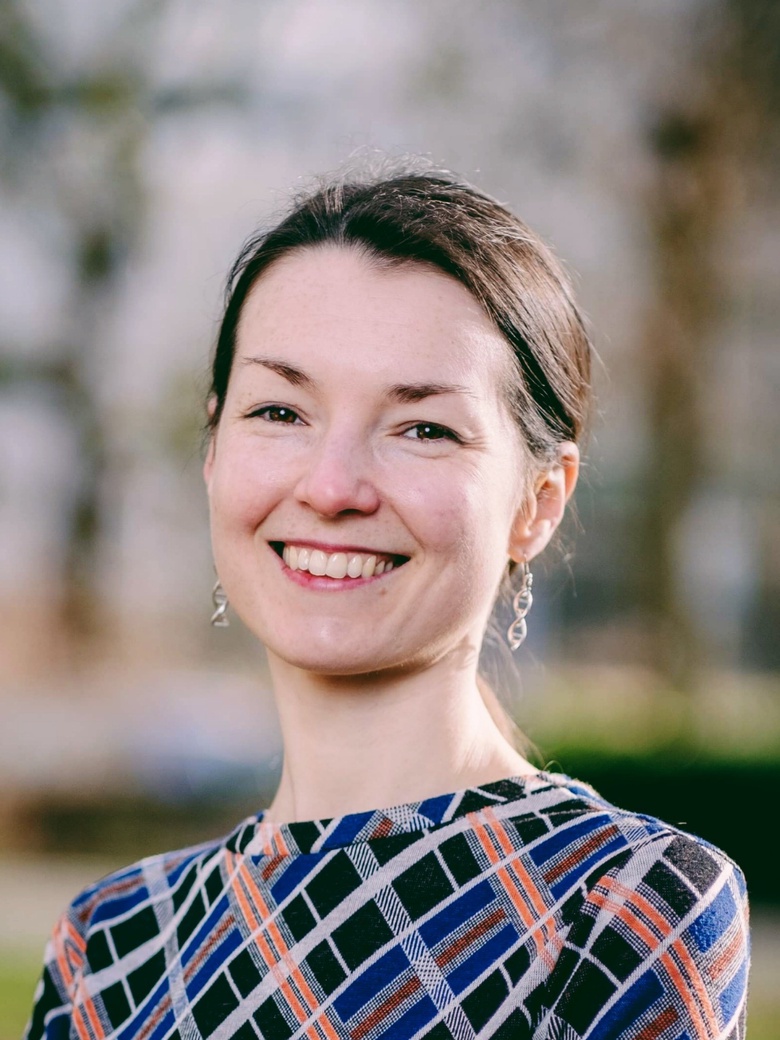
Speakers List
- Bärbel Stecher | Professor | Ludwig Maximilian University of Munich
-
Bärbel Stecher | Professor | Ludwig Maximilian University of Munich

- Sabina Leanti La Rosa | Associate Professor | Norwegian University of Life Sciences
-
Sabina Leanti La Rosa | Associate Professor | Norwegian University of Life Sciences

Follow Sabina on Twitter
- Tine Rask Licht | Head of Research Group | Technical University of Denmark
-
Tine Rask Licht | Head of Research Group | Technical University of Denmark

Today, her group focuses on effects of diet on the intestinal bacterial community, which they study in humans, animal models, and in vitro model systems. The research group has contributed significantly to the understanding of the role of human milk and complementary diet on establishment of the microbiota in young infants, and of the impact of the metabolic activities of specific bacteria on human health. Also, her group identified the link between intestinal transit time and bacterial metabolism in the human gut, and highlighted the impact of human donor variability in faecal transplantation studies with gnotobiotic mice.
From 2012 to 2018, Prof. Licht was heading the research center ‘Gut, Grain and Greens’, and she is currently heading the major research effort ‘PRIMA’ - towards Personalized dietary Recommendations based on the Interaction between diet, Microbiome and Abiotic conditions in the gut, funded by the Novo Nordisk Foundation. From 2018 to 2022, she was chair of the panel of Global Grants for Gut Health, supported by Yakult and Nature Research.
- Willem van Schaik | Director of the Institute of Microbiology and Infection | University of Birmingham
-
Willem van Schaik |Director of the Institute of Microbiology and Infection | University of Birmingham

Professor Willem van Schaik began his academic studies with a Master’s degree in Food Science at Wageningen University in the Netherlands, which was followed by a PhD in microbiology under the supervision of Professor Tjakko Abee, Professor Willem de Vos and Professor Marcel Zwietering on the regulation of the stress response by the alternative sigma factor σB in the foodborne pathogen Bacillus cereus.
He then did post-doctoral studies on an EMBO Long-Term Fellowship at the Pasteur Institute (Paris, France) on the regulation of virulence gene expression of Bacillus anthracis in the laboratory of Dr Agnès Fouet. He then moved to the University Medical Center Utrecht in the Netherlands, where he worked on the comparative and functional genomics of several multi-drug resistant opportunistic pathogens, including Enterococcus faecium, Escherichia and Klebsiella pneumoniae. His group also worked on the gut microbiome of critically ill patients that receive intensive antibiotic treatment.
In 2017, he moved to the University of Birmingham, where he was appointed as professor in Microbiology and Infection. In the same year, he was awarded a Royal Society Wolfson Research Merit Award. His group studies the role of commensal bacteria in the human gut microbiome as reservoirs of antibiotic resistance genes and the evolution of mobile genetic elements carrying antibiotic resistance genes in opportunistic pathogens. Prof Van Schaik has collaborations with researchers in China and Bangladesh to study the spread of antibiotic-resistant bacteria in low- and middle-income countries. He is lead of the ‘Combatting Antimicrobial Resistance’ in the University of Birmingham’s Institute for Global Innovation. He has been Director of the University of Birmingham’s Institute of Microbiology and Infection since Summer 2020
- Lynsey Howard | Head of Research | Enterobiotix
-

Lynsey originally completed her BSc (hons) in Virology from the University of Glasgow, where she subsequently completed a PhD in novel stem cell and gene therapies for cardiovascular disease within the Institute of Cardiovascular and Medical Sciences. Following this, Lynsey took up a Post-Doctoral Researcher position at the University of Bristol working in the Bristol Heart Institute.
Prior to joining EnteroBiotix, Lynsey was Head of Preclinical Research and Development at Lamellar Biomedical where she created extensive internal and external scientific capability in polymicrobial infection biology, antimicrobial development, respiratory disease, gene therapy, and immunology. Lynsey directed several collaborations with world-leading institutes and commercial partners, as well as led an in-house team of multidisciplinary scientists. Lynsey’s work generated valuable intellectual property leading to multiple patent submissions.
At EnteroBiotix, Lynsey heads up the Research team and also performs the role of Biosafety Officer, ensuring the innovative testing and characterisation strategies for all products are best-in-class to create safe and effective medicines for those patients who are living with microbiome-mediated health conditions.
- Irina Spacova | Postdoctoral Researcher | University of Antwerp
-
Irina Spacova | Postdoctoral Researcher | University of Antwerp

Currently, Dr. Irina Spacova investigates how bacteria within the airway and environmental microbial communities modulate common urban respiratory diseases, both experimentally and in clinical trials. Her ongoing research projects funded by the Research Foundation Flanders (FWO) and the University of Antwerp focus on direct interactions of beneficial microbiota members with respiratory viruses, as well as microbial immunomodulation at mucosal surfaces. She has received several awards for her research, including the International Scientific Association for Probiotics and Prebiotics (ISAPP) Early Career Researcher prize in 2021.
